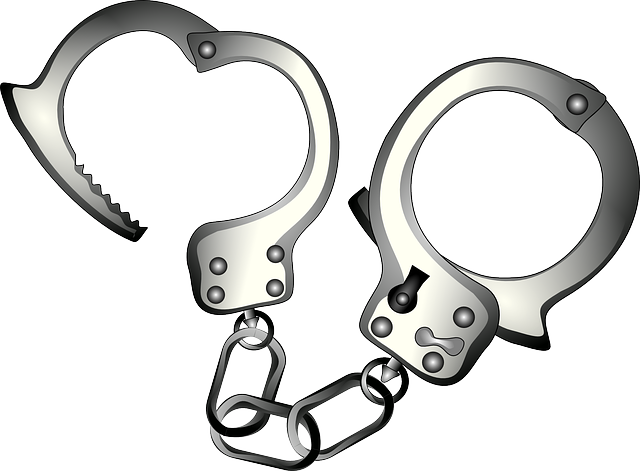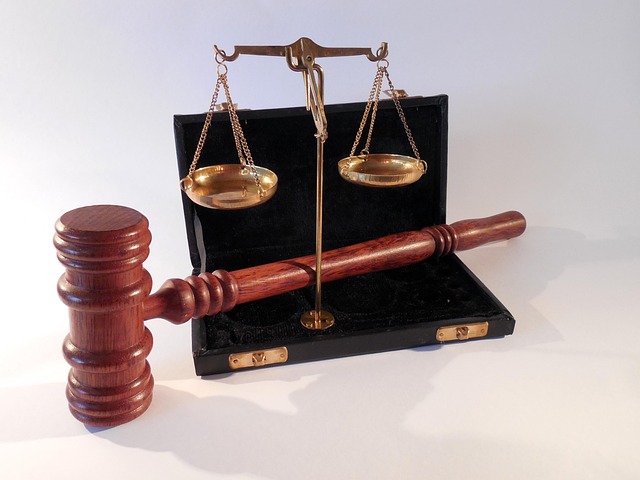Public corruption undermines democracy and governance. Sentencing Guidelines Reform and Policy Changes are needed to deter corruption, promote integrity, and restore public trust by addressing loopholes, implementing proportional sentencing, encouraging meaningful defense verdicts, fostering transparency, and strengthening deterrent measures like stricter penalties and jury trials for white-collar offenses.
Public corruption charges cast a long shadow over governments and societies, eroding public trust and stunting economic growth. Understanding these charges, their far-reaching impact, and the current sentencing practices is crucial for reform. Loopholes and inequities in our legal systems often empower corrupt actors while burdening victims. This article explores sentencing guidelines reform and policy changes aimed at creating a more robust framework to prevent and address corruption, ensuring fairer punishments and stronger governance.
- Understanding Public Corruption Charges: Definition and Impact
- Current Sentencing Practices: Loopholes and Inequities
- Proposing Reform: Guidelines for Fairer Punishments
- Policy Changes: Preventing and Addressing Corruption
Understanding Public Corruption Charges: Definition and Impact

Public corruption charges refer to a range of illegal activities involving public officials or government employees who abuse their power for personal gain. This can include acts such as bribery, fraud, extortion, and misappropriation of public funds. Understanding the nuances of these charges is crucial in navigating the complex legal landscape surrounding them. Public corruption not only undermines democratic principles but also erodes public trust in institutions, hindering effective governance.
The impact of these charges extends far beyond individuals; they reflect broader policy failures and necessitate Sentencing Guidelines Reform and Policy Changes. As the prosecution of white-collar and economic crimes becomes more sophisticated, so too must the strategies employed by general criminal defense attorneys to secure winning challenging defense verdicts. The consequences for those found guilty can be severe, with penalties including significant fines, imprisonment, and damage to professional reputations. Therefore, addressing public corruption requires a multifaceted approach that involves both stricter sentencing guidelines and policy reforms to prevent future occurrences.
Current Sentencing Practices: Loopholes and Inequities

The current sentencing practices for public corruption charges often reveal a complex web of loopholes and inequities that need addressing. While efforts to combat public corruption are essential, the punitive measures seem to be lacking in consistency and fairness. Many cases end up with lenient sentences due to technicalities or interpretations of existing laws, which ultimately undermine the integrity of the justice system. This issue is further compounded by the fact that not all individuals involved in corrupt practices have equal access to influential resources, creating an uneven playing field during the investigative and enforcement process.
Sentencing Guidelines Reform and Policy Changes are imperative to addressing these disparities. Ensuring consistent and proportional sentences for similar offenses can help restore public trust in the legal system. Moreover, focusing on winning challenging defense verdicts should not be at the expense of justice but rather as an opportunity to expose and rectify systemic flaws. The support and involvement of philanthropic and political communities can play a crucial role in implementing these changes, fostering a culture of transparency and accountability across all stages of the investigative and enforcement process.
Proposing Reform: Guidelines for Fairer Punishments

In the fight against public corruption, proposing effective reform goes beyond merely strengthening laws. It involves a critical reexamination of sentencing guidelines to ensure fairness and proportionality. The current system often punishes white-collar offenders with light sentences, especially in cases involving economic crimes. This approach does not adequately address the harm caused by corrupt practices, nor does it serve as a robust deterrent for high-stakes cases.
To rectify this, policymakers must champion sentencing guidelines reform that considers the unique nature of white-collar and economic crimes. Such reforms should encourage judges to impose penalties that reflect the severity of the offense, taking into account factors like the scale of the fraud, loss incurred, and intent of the perpetrator. By implementing policy changes that emphasize accountability and fairness, the legal system can better serve its purpose in deterring corruption and fostering a culture of integrity.
Policy Changes: Preventing and Addressing Corruption

In the global fight against public corruption, policy changes play a pivotal role in preventing and addressing malfeasance. One significant strategy is the reform of sentencing guidelines, which can act as a powerful deterrent. By introducing stricter penalties for corrupt officials, countries can send a clear message that such actions will not be tolerated. This approach not only discourages individual acts of corruption but also fosters a culture of integrity within the political and philanthropic communities.
Additionally, policy changes should focus on enhancing transparency and accountability mechanisms. Implementing robust systems for public financial management, promoting open data initiatives, and strengthening oversight bodies can help expose and prevent economic crimes. Encouraging jury trials in cases involving white-collar offenses ensures that justice is served and serves as a deterrent for potential corrupt actors. These measures collectively contribute to building a more robust defense against corruption, benefiting both the economy and society at large.
Public corruption charges represent a significant challenge to societal integrity, with current sentencing practices often falling short in addressing inequities. To rectify this, there’s a pressing need for comprehensive Sentencing Guidelines Reform that closes loopholes and ensures fairer punishments. Additionally, implementing robust Policy Changes aimed at prevention and early intervention is crucial to fostering transparency and accountability. By adopting evidence-based approaches and collaborative efforts, we can navigate towards a future characterized by integrity and justice in public service.






